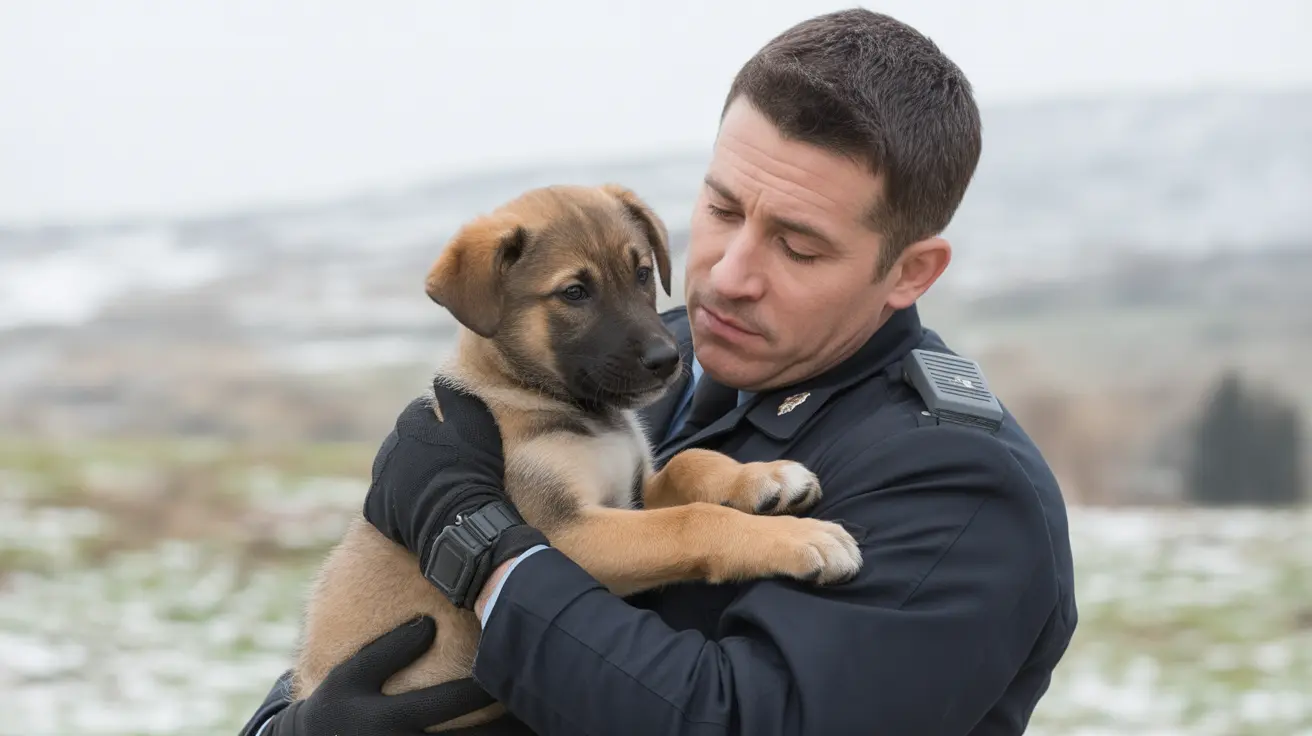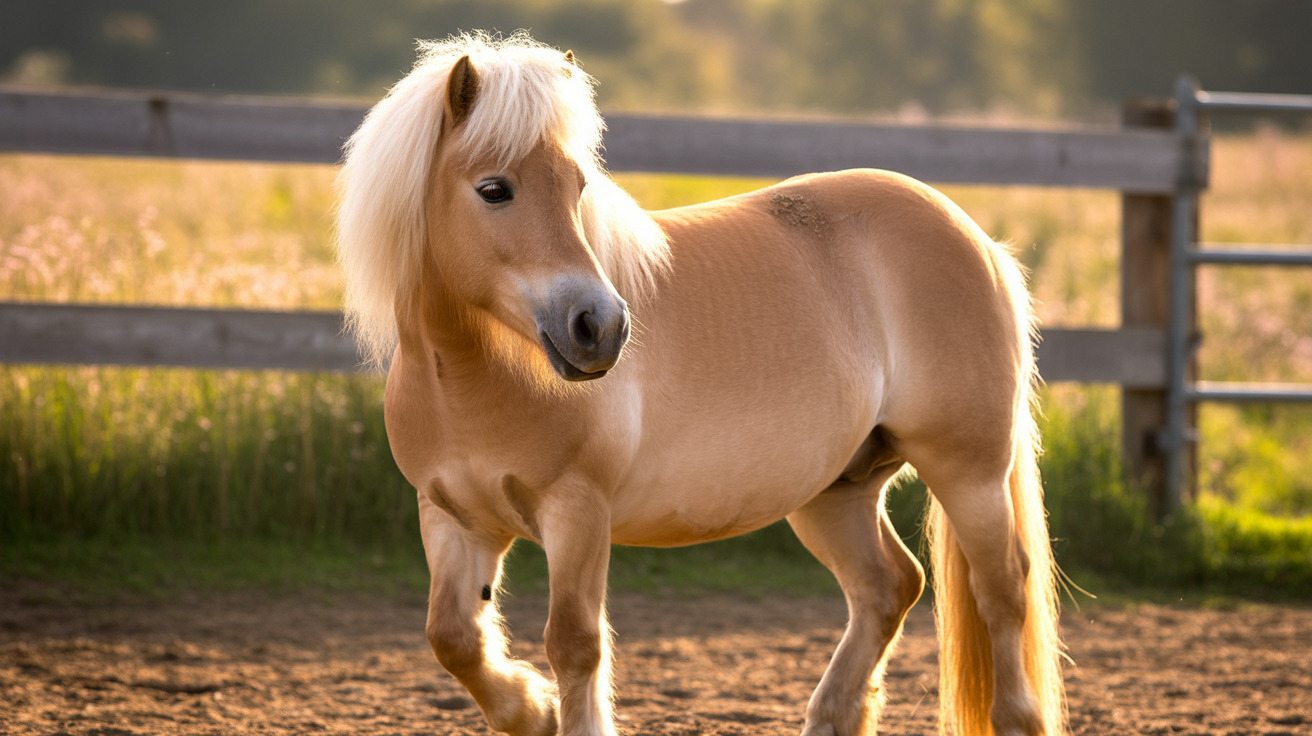Signs of an Unhappy or Depressed Dog
Dogs, much like humans, can experience episodes of sadness or depression due to various triggers such as loss, environmental changes, or lack of stimulation. Recognizing the signs early can help you support your furry companion effectively. Here's an extensive guide to understanding what an unhappy dog looks like and how to help them.
Common Signs of a Depressed Dog
- Withdrawal: A once sociable dog might hide, avoid interaction, or prefer solitude.
- Lack of Energy: Dogs may appear lethargic, sleeping more than usual and showing disinterest in regular activities like walks or playtime.
- Changes in Appetite: They might eat significantly less or more, indicating a shift in mood.
- Disruption in Sleep Patterns: Your dog might be sleeping irregularly or more than usual.
- Loss of Interest: Favorite toys, games, or interactions that once brought joy could now seem unappealing.
- Clinginess or Separation Anxiety: Some dogs become overly clingy, needing constant attention from their owners.
- Irritability or Aggression: Mood changes may cause them to be unusually snappish or grumpy.
- Destructive Behavior: Chewing, digging, or accidents indoors may escalate as signs of stress.
Causes of Dog Depression
- Loss of a Companion: The death or absence of another pet or beloved human can trigger grief.
- Major Life Changes: Events like moving, adding a new baby or pet, or a household member leaving may lead to emotional instability.
- Routine Disruption: Dogs thrive on consistency. A new work schedule or altered routine can upset their balance.
- Lack of Stimulation: Without proper mental and physical engagement, many dogs grow bored and restless.
- Trauma or Illness: Injury, surgery, or abuse in the past could lead to emotional distress.
- Owner's Emotional State: Dogs are deeply attuned to their owner’s moods and may mimic feelings of sadness or anxiety.
How to Support a Depressed Dog
- Engagement: Spend quality time doing what your dog enjoys most—walks, belly rubs, or a ride in the car.
- Exercise: Incorporating more physical activity helps combat lethargy and stimulates endorphins.
- Enrichment: Introduce puzzle toys, games, or allow exploration in new settings.
- Positive Reinforcement: Reward positive behaviors and signs of contentment.
- Routine: Keep feeding, walking, and bedtime schedules consistent for a sense of stability.
- Veterinary Check-up: Rule out medical issues like arthritis or illness before assuming the problem is emotional.
When to Seek Professional Help
If your dog’s sadness continues despite your efforts, it’s important to consult a veterinarian. Persistent symptoms may require:
- Medications: Veterinary guidance on antidepressants like fluoxetine or clomipramine can help regulate mood in severe cases.
- Behavior Therapy: Professional behaviorists can tailor strategies to your dog’s specific issues.
Prevention Tips for Long-Term Well-being
- Provide daily exercise and opportunities to explore varied environments.
- Offer regular mental stimulation through training and new toys.
- Maintain a consistent daily routine.
- Ensure sufficient social interaction with other pets or people.
- Use calming aids or leave comforting items when you’re away.
Recognizing and addressing changes in behavior empowers you to restore your dog’s joyful spirit. Most dogs rebound with added attention, loving routines, and occasional professional help.





